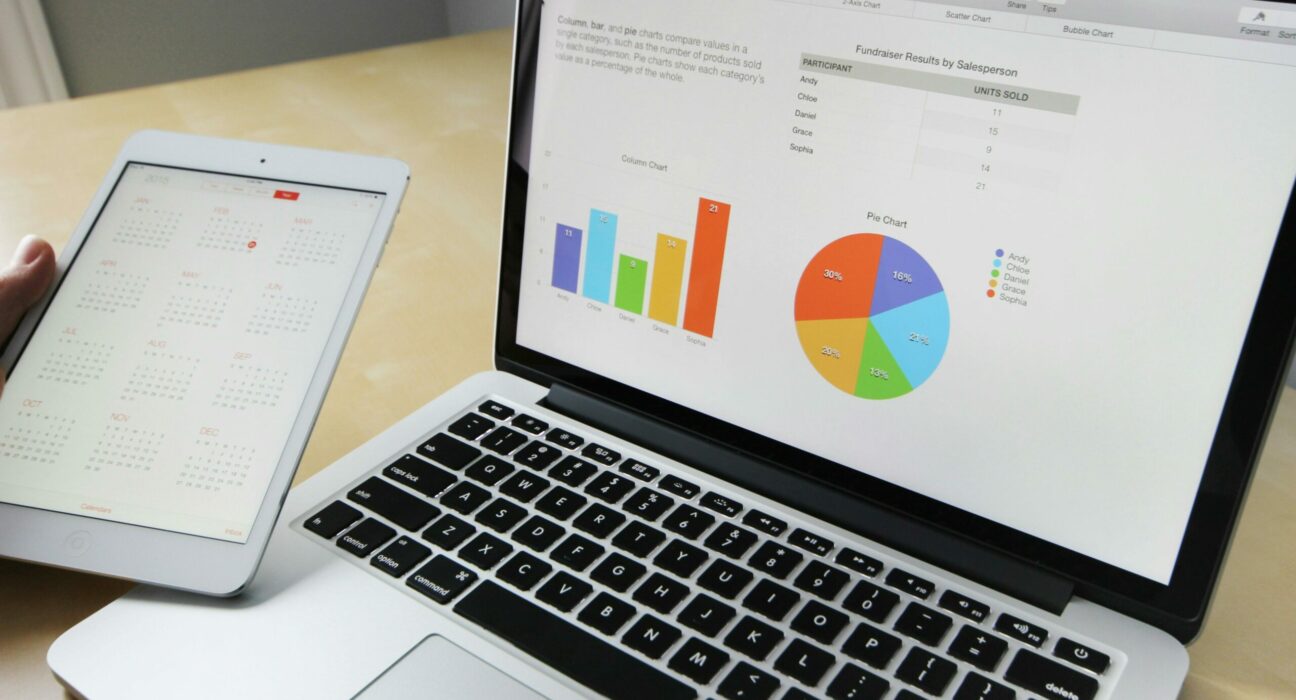In 2025, Generation Z is pioneering a transformative approach to personal finance known as “soft saving.” This mindset prioritizes present-day well-being and life satisfaction over traditional long-term wealth accumulation. Rather than adhering strictly to conventional financial goals like aggressive retirement savings, many Gen Z individuals are focusing on achieving a balanced lifestyle that values mental health, experiences, and ethical consumption.
Born between the late 1990s and early 2010s, Gen Z has grown up during economic uncertainty, climate anxiety, and a fast-moving digital culture. These influences have shaped a generation that values flexibility, meaning, and balance in both work and financial life. As a result, soft saving is emerging not just as a financial strategy, but as a cultural shift.
Understanding Soft Saving
“Soft saving” is a financial philosophy where individuals aim to enjoy the present while maintaining financial responsibility. Unlike the FIRE (Financial Independence, Retire Early) movement, which emphasizes extreme frugality for early retirement, soft saving encourages a more flexible approach. It involves mindful spending, prioritizing experiences, and aligning purchases with personal values, all while maintaining basic financial health through budgeting and emergency savings.
This doesn’t mean Gen Z is ignoring savings entirely. In fact, many are still building emergency funds and investing small amounts. However, the focus is less on aggressive growth and more on quality of life. They’re asking: “How can I live better today without compromising tomorrow?”
Factors Influencing the Shift
Several factors contribute to the rise of soft saving among Gen Z:
Economic Challenges: Rising living costs, student debt, and housing affordability issues make traditional saving goals seem less attainable. Many Gen Zers have witnessed their parents or older millennials struggle despite saving diligently, which has shifted expectations.
Mental Health Awareness: There’s a growing emphasis on mental well-being, leading individuals to invest in experiences and self-care. Wellness apps, therapy, and even mental health days are seen as essential—not luxuries.
Changing Work Dynamics: The gig economy and remote work have altered income stability, prompting a focus on flexible financial planning. Side hustles are common, but so is burnout. Soft saving accommodates fluctuating incomes and lifestyle preferences.
Digital Influence: Social media platforms expose Gen Z to diverse lifestyles and financial strategies. Influencers often model financial transparency, minimalist living, and non-linear success—making it easier for others to reimagine traditional financial trajectories.
Balancing Present Enjoyment and Future Security
While soft saving emphasizes present enjoyment, it’s essential to maintain financial health. Gen Z is redefining what “responsibility” looks like in this context:
Budgeting: Creating a budget ensures that expenses align with income, allowing for both enjoyment and savings. Many use digital tools to simplify the process.
Emergency Funds: Setting aside a portion of income for unforeseen expenses provides a safety net without compromising current pleasures. A target of $500–$1,000 is often a first goal.
Mindful Spending: Prioritizing expenditures that genuinely enhance well-being—like travel, wellness, or personal development—can lead to more fulfilling financial choices.
Flexible Saving Goals: Instead of rigid long-term goals, setting adaptable savings targets allows for changes in life direction, such as career shifts or relocation.
The Role of Technology and Financial Tools
Gen Z leverages technology to support their soft saving approach:
Budgeting Apps: Tools like Mint, YNAB, and Emma help track spending and set savings goals.
Investment Platforms: Apps like Robinhood, Acorns, and Public make investing accessible, allowing for gradual wealth building with small amounts.
Financial Education: Online resources, podcasts, YouTube channels, and even TikTok accounts offer accessible financial literacy. This generation is self-educating in real time.
Subscription Audits: With “subscription creep” on the rise, tools like Rocket Money and Truebill help Gen Z cut unnecessary expenses and redirect funds to what matters.
Case Study: Sofia, 25, Graphic Designer
Sofia earns $3,200/month working remotely for a design agency. She rents a small apartment, budgets $100/month for therapy, and spends $150/month on travel savings. Instead of maxing out a 401(k), she contributes 5% of her income and invests $50/month in a socially responsible ETF. Her budget includes a “Joy” category for concerts, art classes, and wellness retreats.
Sofia says: “I used to feel guilty about not saving more, but now I focus on making my lifestyle sustainable and meaningful. I still save—but I don’t sacrifice everything for the future.”
Critics and Concerns
While soft saving is gaining popularity, some financial experts express concern that Gen Z may be underprepared for retirement. Without aggressive saving and compounding returns, they risk future instability. Others argue that soft saving, when paired with smart financial planning, could offer a sustainable alternative to burnout-inducing strategies.
Soft savers may need to eventually increase their savings rate or shift strategies later in life. But for now, this approach reflects a healthy balance for a generation seeking stability, not just wealth.
Conclusion
The soft saving trend among Gen Z reflects a broader shift toward valuing present happiness alongside financial responsibility. By embracing this balanced approach, individuals can enjoy the present while still preparing for the future. As financial landscapes continue to evolve, soft saving offers a sustainable model for achieving both personal fulfillment and economic stability.
It’s not about rejecting wealth—it’s about redefining what a rich life truly means.





